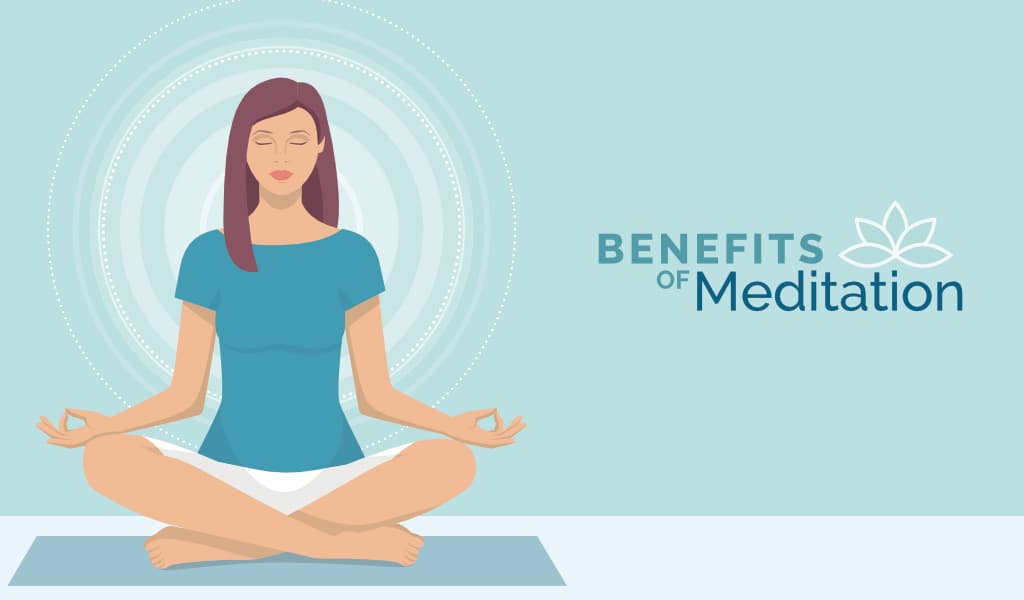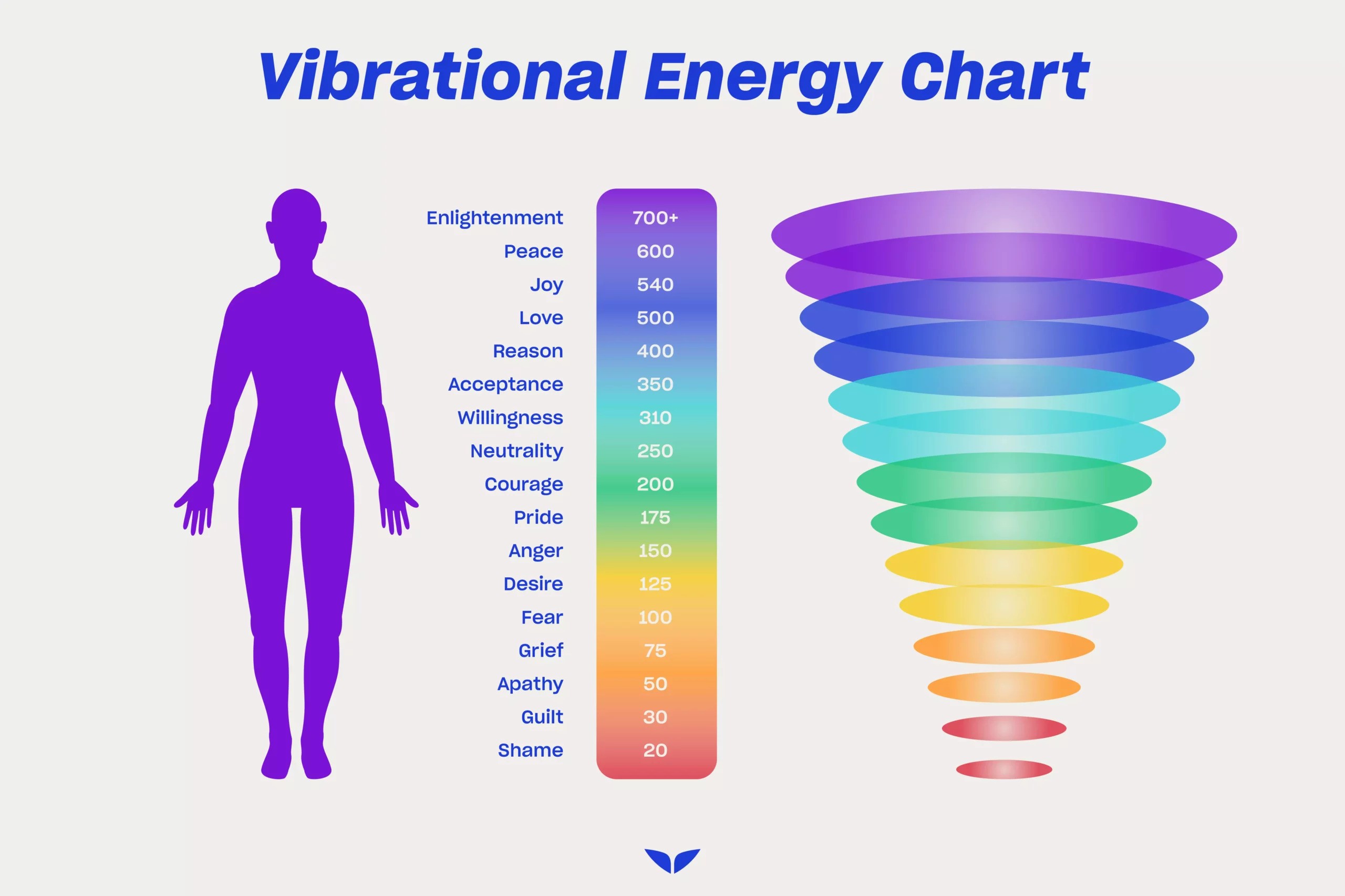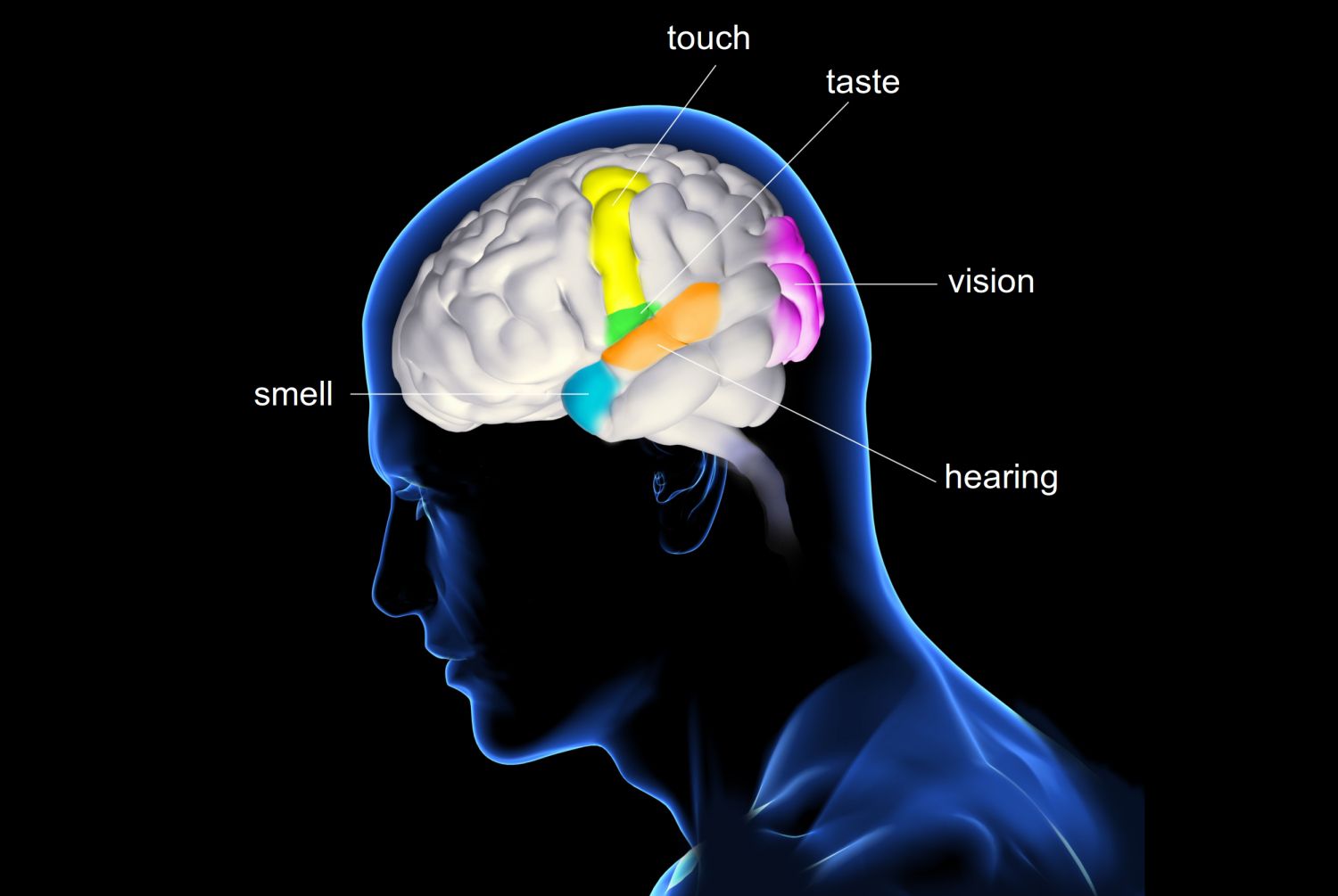Meditation Benefits For Mental Health
Anxiety disorders are the most frequent mental illness in the United States, impacting 40 million persons aged 18 and over each year, or 18.1 percent of the population.
Anxiety disorders are extremely curable, yet only 36.9% of persons who suffer from them receive help.
People with anxiety disorders are three to five times more likely to see a doctor and six times more likely to be hospitalized for psychiatric problems than those who do not.
Anxiety disorders are caused by a combination of genetics, brain chemistry, personality, and life events.
What are the signs and symptoms of anxiety and depression disease?
Sleep issues, impatience, and difficulty concentrating are some of the symptoms that both depression and anxiety share. However, there are a few important features that distinguish the two.
Anxiety
Anxiety, often known as fear and worry, can strike anyone at any time. It's fairly uncommon to feel anxious before a large event or a huge decision.
Chronic anxiety, on the other hand, can be crippling and lead to illogical fears and ideas that interfere with your daily life.
Some of the physical indications and behavioral changes linked to generalized anxiety disorder include:
- Easily being exhausted
- Having trouble concentrating or recalling information
- Muscle tension
- Racing heart
- Sleep problems, such as difficulty falling asleep and restless, unpleasant sleep
Anxiety's emotional symptoms include:
- Restlessness, irritation, or a tense sensation
- Fear or worry are difficult to control
- Dread
- Panic
Depression
It's natural to feel dejected, unhappy, or upset. It can be alarming to feel that way for days or weeks at a time.
Depression causes the following physical and behavioral changes:
- Diminished energy, chronic weariness, or a sluggish sensation on a regular basis
- Without a clear cause, you may experience discomfort, aches, cramps, or gastrointestinal issues.
- Having trouble concentrating, making judgments, or recalling information
- Appetite or weight fluctuations
- Having trouble sleeping, waking up early, or sleeping too much
Depression's emotional symptoms include:
- Feelings of melancholy, worry, or emptiness that continue
- Loss of interest in, or enjoyment from, activities or interests
- A sense of hopelessness or pessimism
- Suicide or death thoughts
- Feeling guilty, or having emotions of worthlessness or powerlessness
Here are a few tests you can take if you want to find out if you suffer from one of these conditions:
Which Are The Meditation Benefits For Mental Health?
Meditation will not make all of your depression symptoms go away, but it will help you manage them. It works by altering the way your brain responds to anxiety and stress.
You can counteract the triggers generated by the prefrontal cortex and the amygdala when you meditate. This helps to explain why your stress levels are decreasing.
1. It aids in the transformation of your mind. Negative thinking and unpleasant ideas are common in depression. It's natural to be angry at life and at oneself. Meditation does not need you to ignore your tension or suppress negative thoughts. Instead, it allows you to become aware of your ideas and feelings. Because it requires boosting your awareness of those ideas and feelings, this may seem paradoxical. The practice, on the other hand, aids in the development of mindfulness and acceptance of them.
2. The hippocampus is protected by meditation. The hippocampus is a memory and learning center in the brain. You may help your brain increase grey matter in this location by meditating for 30 minutes every day for eight weeks. People who have recurring depressive episodes have a smaller hippocampus, according to research.
3. It helps the mind to prepare for difficult situations. If you're scared or stressed about a doctor's appointment, meditating for a few minutes beforehand can help you relax. It redirects the mind's attention away from the stress response and toward a state of calm. If you don't want to act on such ideas and feelings, the practice permits you to do so. Instead, you realize and respect that, while they have an impact on you, they are not you. As you meditate, gently let them go, interrupting the tension and sadness cycles.
4. Meditation and emotional well-being. When you meditate, you can rid your mind of the information overload that accumulates throughout the day and contributes to stress.
The following are some of the emotional advantages of meditation:
- Taking a fresh look at challenging situations
- Developing stress-management abilities,
- Increasing self-awareness is a good thing.
- Keeping the present in mind,
- Negative emotions must be reduced.
- Increasing one's imagination and creativity is one of the most important things one can do.
- Increasing patience and tolerance is a good thing to do.
5. Meditation helps in general anxiety disorder. The effects of meditation for generalized anxiety disorder have received strong research support. A randomized controlled experiment comparing an 8-week manualized mindfulness-based stress reduction (MBSR) group program with an attention control treatment was undertaken in 2013 with 93 persons with DSM-IV diagnosed GAD (stress management education, or SME).
For three of the four study measures, MBSR was linked to considerably lower anxiety levels. Positive self-statements also increased among the participants. Furthermore, a 2012 meta-analysis found high support for mindfulness meditation as a treatment for anxiety.
Conclusion
There is no such thing as a “cure” for depression. When you incorporate meditation methods into your daily life, however, you may find it easier to fight unpleasant thoughts and avoid becoming trapped in the negative thought spirals that can exacerbate depression.
Meditation may be more effective when combined with therapy, so don't be afraid to reach out to a caring therapist for further information on coping strategies and other treatments.



